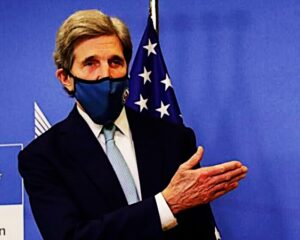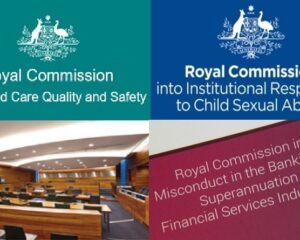On 1 April 2021, Australia’s Emissions Reduction Minister said at the International Energy Agency’s ‘COP26 Net-Zero Summit’ that “removing the price difference between current technologies and low or zero carbon solutions is the key to widespread global adoption” of low emissions technology – and that Australia was focusing on reducing the cost of ‘clean’ hydrogen.
Read more







